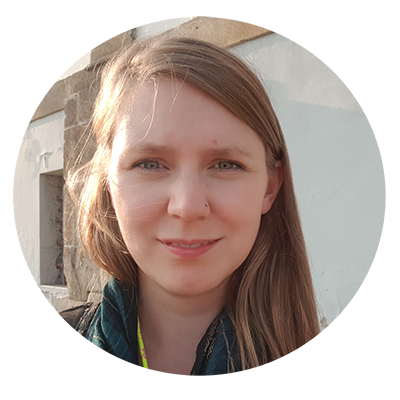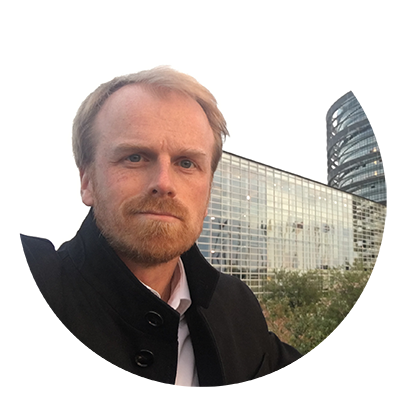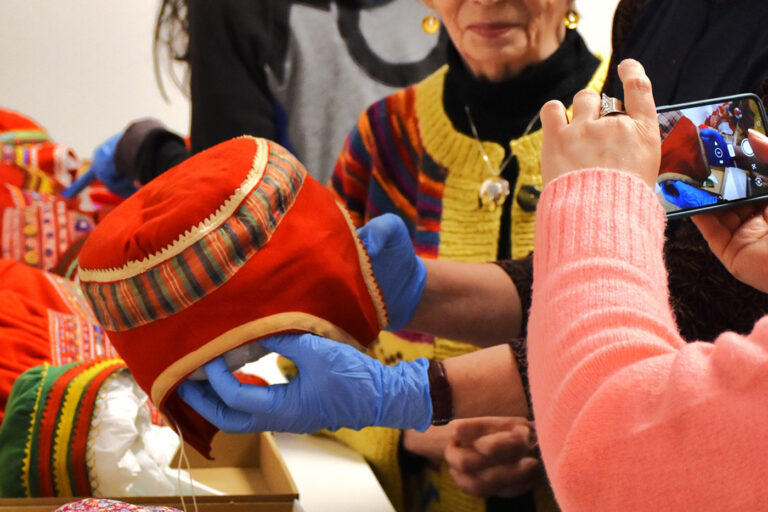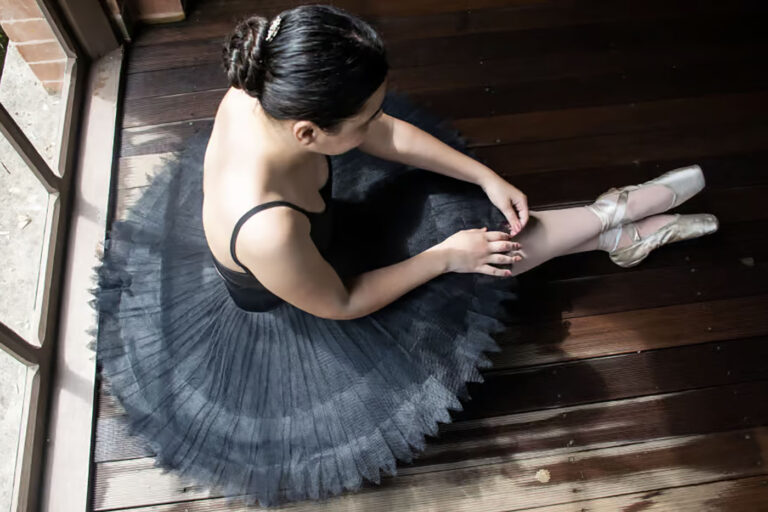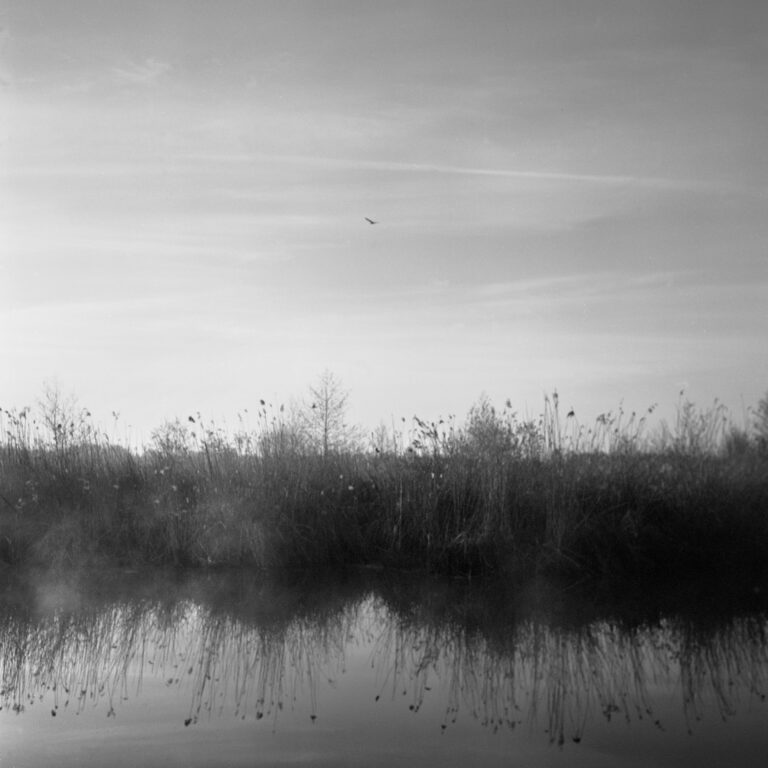Getting Out of the “Southern Media Bubble”
Anna Saraste and Petri Raivio visit Eastern German coal mining areas and Central Finnish peat bogs to talk to the people who are usually ignored by journalists.
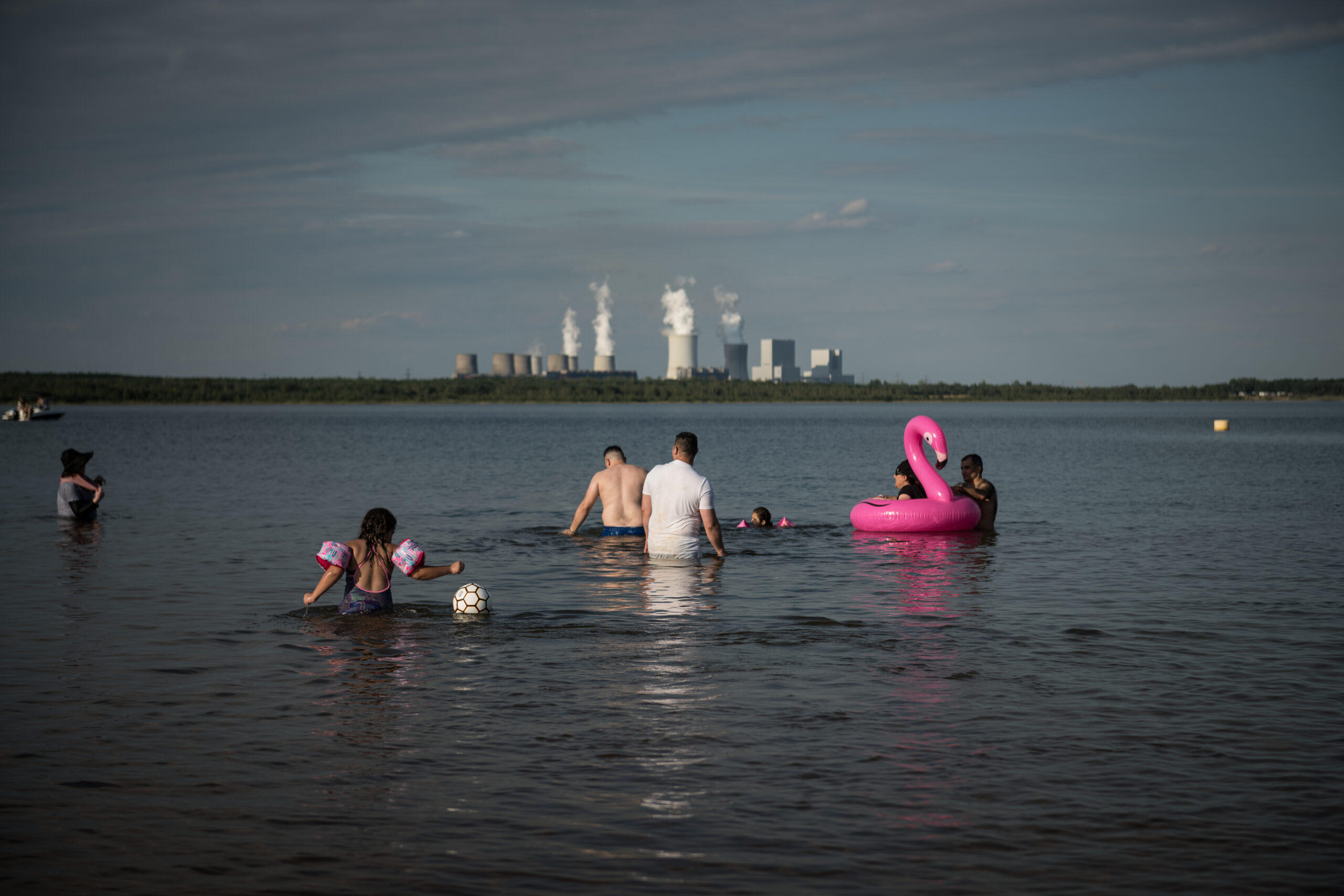

Text: Antti Kivimäki
Many traditionalist protest parties have accumulated significant support in recent years’ elections in Europe, particularly in more remote areas. aThis has come as a surprise to the big media houses, and their news pieces often wonder at who these parties’ supports actually are.
– Voters from remote districts are often referred to dismissively and end up misunderstood, says Anna Saraste, who works as a freelance journalist and a German assistant to the Finnish Broadcasting Corporation YLE.
She believes that this is because today’s mainstream media usually employ journalists with advanced academic degrees, most of whom already reside in larger cities.
– When Berlin-based or foreign journalists descend upon small Eastern German towns that are known for their xenophobia, they will find a local Neo-Nazi to interview. That is not particularly helpful in bridging the rural-urban gap, Saraste says.
Together with YLE’s long-term correspondent in Brussels, Petri Raivio, Saraste became aware of this chasm in understanding when populist parties riding on the agenda of closing the borders started repeatedly having success in many European countries’ elections. The journalists decided to write a documentary book that would give a voice without judgement to people in remote areas.
In the process of writing the book, Saraste has visited Eastern Germany and Eastern Poland. Raivio has been to Central Finland and will travel to remote areas in a fourth country as soon as the coronavirus pandemic allows it.
Initially, the book’s themes arose from rural opposition to internationalisation, but over time the connecting thread became increasingly tied to fossil fuels. Fossil fuels are extracted and energy is produced in remote areas, while opposition to the fossil fuel economy comes mostly from trendy metropolitan centres.
– In East Germany under the Iron Curtain, the dirty miner walking home after his shift was society’s greatest hero. Now he feels like the greatest villain, as the government cuts off mining subsidies and eco-activists come down from Berlin to attend demonstrations demanding the speedy shutdown of mines, Saraste says.
She strives to describe the realities of remote areas without unnecessary polarisation, for example by using the perspective of an unschooled miner who is a keen user of library services. He understands that coal must be given up as an energy source, but is at the same time aware of the social distress of mining districts.
– Quite coincidentally, he was the first person I went to interview in the mining town of Weißwasser. Now we have been in touch a lot, and discuss all sorts of issues, for example Hannah Arendt’s political philosophy. He is more well-read than many of my urban friends, Saraste says.
Fossil fuels are extracted and energy is produced in remote areas, while opposition to the fossil fuel economy comes mostly from trendy metropolitan centres.
Raivio was on a similar mission amid Central Finland’s marshy landscapes in Karstula, first meeting a local peat producer and then a local landowner who had turned their peat bog into a conservation area.
The peat producer explained in great detail how the permit process works these days, and how much tighter the controls are now on humus entering waterways.
– People used to be encouraged to enter the peat business, but quite soon the perspective shifted to peat production being something to close down altogether. Many find it hard to come up with anything else to do, however, and if this source of livelihood is cancelled, it will contributed to further depopulation of rural areas, Raivio explains.
He noticed that behind all their politeness, the people of Karstula shunned him at first as a representative of “the southern media”. When he explained the documentary nature of his book, they became more open.
– Peat producers are highly suspicious of the media, particularly the large media houses of the capital. They feel that representations of their business have previously been highly biased, Raivio says.
Petri Raivio (Master of Social Sciences) and journalist Anna Saraste received EUR 11,500 in a grant from the Paavo Koskinen Fund on 27 February 2020 for writing an investigative book on the mental landscapes of people living in remote districts in Europe.
